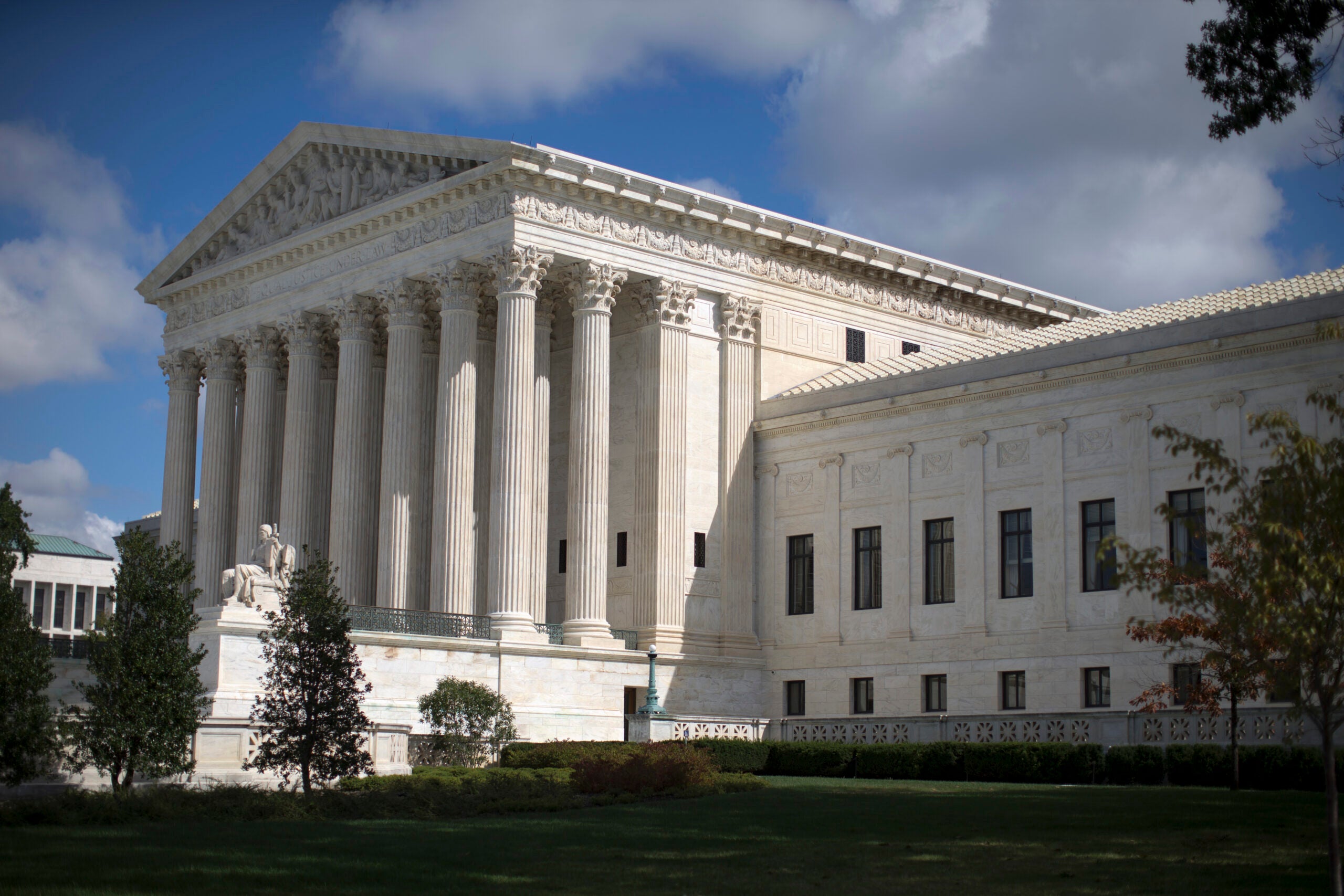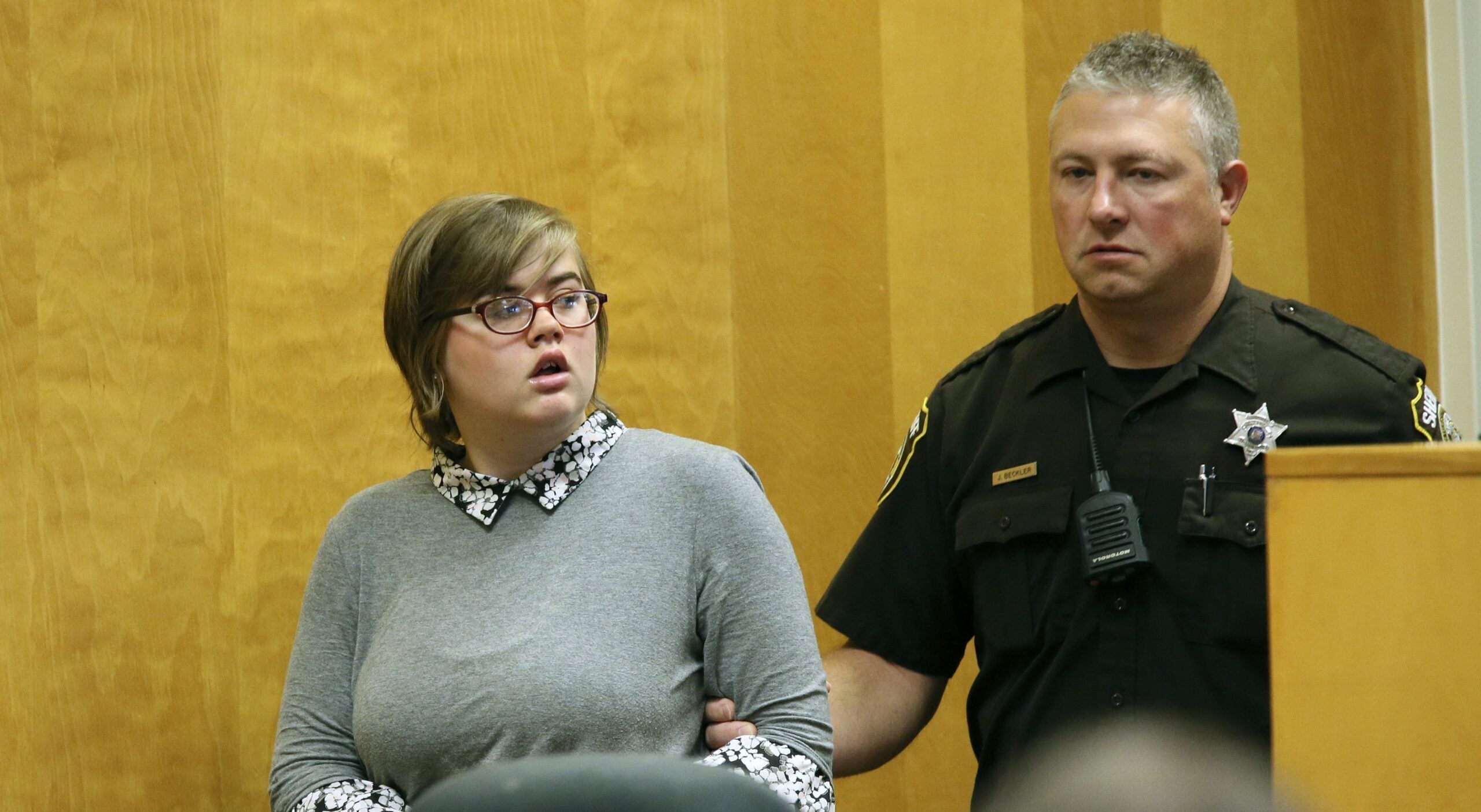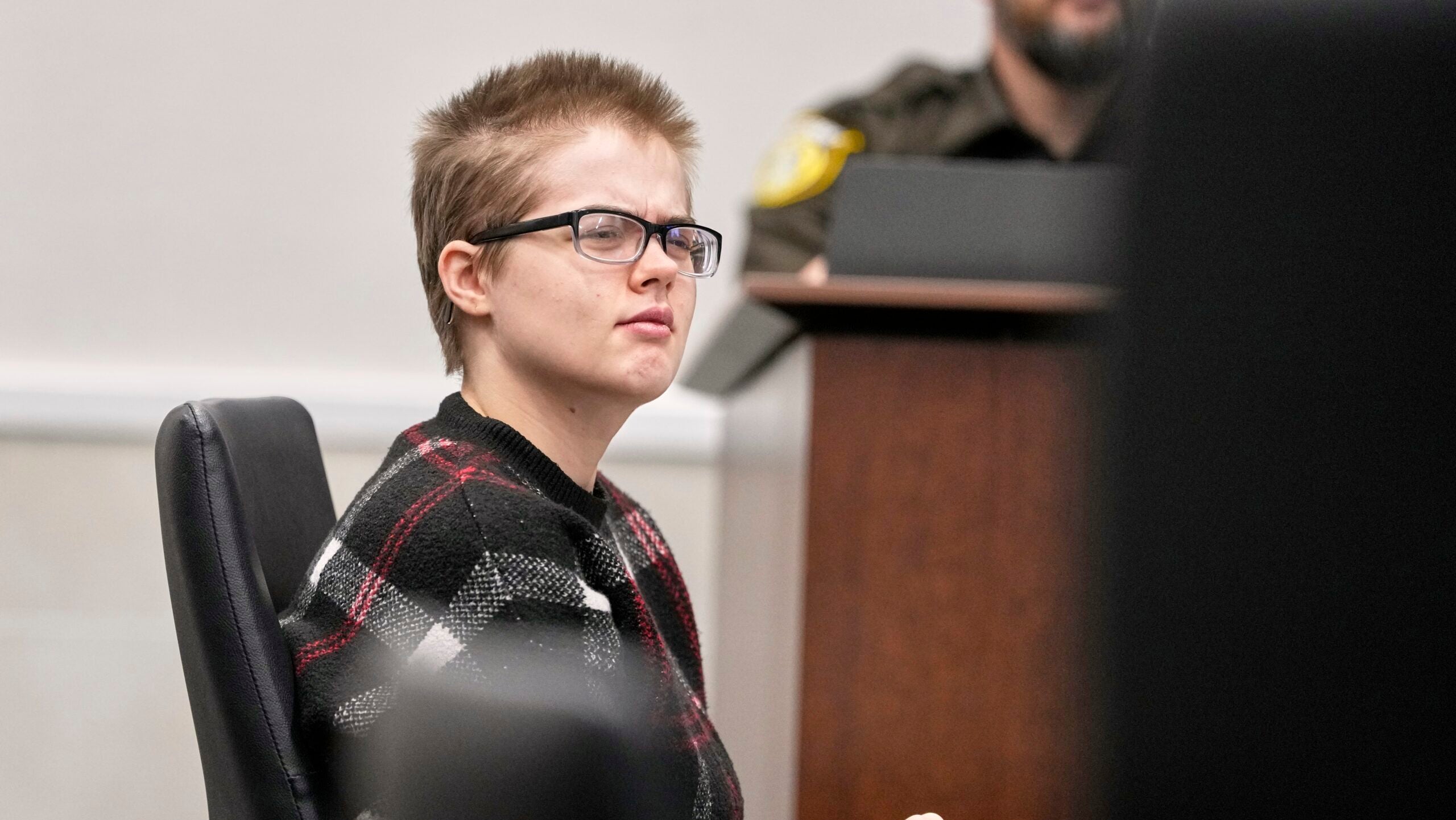An advocacy group is asking the nation’s highest court to overturn a Wisconsin Supreme Court ruling that barred an unmarried Ashland County man from adopting the child of his longtime partner.
The libertarian Goldwater Institute filed a petition last week asking the U.S. Supreme Court to intervene. It argues Wisconsin violated the Equal Protection rights of the Ashland County man, and of the child who was deprived of adoption.
Wisconsin law allows a married couple to adopt and it allows a single, unmarried person to adopt. But Wisconsin does not allow someone to adopt their significant other’s child if the couple is unmarried, courts have found.
News with a little more humanity
WPR’s “Wisconsin Today” newsletter keeps you connected to the state you love without feeling overwhelmed. No paywall. No agenda. No corporate filter.
“This is such an arbitrary and unjust rule, and one that harms innocent children who had nothing to do with anything about whether or not people get married or not,” Tim Sandefur, an attorney for the Goldwater Institute, said in an interview with WPR.
State high court previously upheld Ashland County ruling
The case centers around an Ashland County man, who has lived with a woman for more than a decade, and helped raise her biological daughter. The people involved are only referred to by their initials in court documents.
Although the couple is in a committed relationship, “they have chosen not to formally marry for deeply held personal reasons related in part to their own histories growing up in families with broken marriages,” the petition filed by the Goldwater Institute says.
In 2022, the Ashland County man sought to adopt his partner’s daughter, and Ashland County’s Human Services Department concluded the adoption should go through.
The parental rights of the girl’s absent biological father have been terminated, and she considers her mother’s partner to be her real father, according to court documents.
But an Ashland County Circuit Court judge rejected her father figure’s adoption petition, after concluding the adoption was prohibited under Wisconsin law.
Wisconsin’s Supreme Court upheld the circuit’s ruling in a unanimous decision earlier this year. The state’s high court determined the state had a legitimate interest in “promoting stability for adoptive children through marital families.”
Group hopes to challenge ‘expansive’ use of rational basis review
Wisconsin justices based that decision on a principle known as the “rational basis review.” They concluded Wisconsin’s adoption restrictions did not impede a “fundamental right” and did not harm a protected class. Therefore, justices determined it was enough to conclude that the government had a rational basis for using the law to protect a “legitimate” state interest.
The recently filed petition argues, however, that the court was “overly lax” in its use of rational basis. Sandefur says the court’s logic falls flat because state law allows a single, unmarried Wisconsinite to adopt, as long as that person is not adopting as part of a couple.
“To say, ‘Yes, if you’re single, unmarried, you’re allowed to adopt, but if you’re (unmarried) and you’re in a committed relationship for a decade with the child’s parent, you’re not allowed to adopt that child, even though the child considers you as a father — that’s so irrational that that really should have set off alarms at the Wisconsin Supreme Court,” Sandefur said. “Instead, what they did was they said, ‘Well, you know, it’s good enough for government work.’ That’s not how the Constitution is supposed to operate.”
The Goldwater Institute worked with pro bono attorneys from Latham & Watkins LLP to file what’s known as a writ of certiorari, imploring the U.S. Supreme Court to review the case. The nation’s highest court receives thousands of those requests every term, and chooses to take up only about 1 percent of them.
Sandefur acknowledged the petition faces an “uphill battle,” but he said he believes it presents a “stronger case than usual.” That’s in part because the Goldwater Institute hopes to challenge what it sees as the Wisconsin Supreme Court’s “overly expansive” use of the rational basis test to uphold the constitutionality of a law.
“What the Wisconsin Court did was expand it so broadly that it affects areas of constitutional law that have nothing to do with family law, that have to do with things like business or property rights,” he said. “So if the Wisconsin Supreme Court’s rule stays in place, then this will have ramifications far beyond even the family law context.”
Other states bar unmarried partners from adopting partner’s child
Close to half of states have similar restrictions to Wisconsin’s, which bar an unmarried person from adopting their partner’s child, according to the Goldwater Institute’s petition.
In an interview with WPR, Sandefur said, while he doesn’t know for sure why such laws were adopted, he has a suspicion.
“I suspect that these are vestiges of anti-same-sex couple attitudes, and I suspect that a lot of these laws were adopted in order to prevent same-sex couples from from adopting,” he said. “Now that same sex marriage is legal, these laws have not yet been updated, and I think the result is these weird, anomalous outcomes.”
Wisconsin Public Radio, © Copyright 2025, Board of Regents of the University of Wisconsin System and Wisconsin Educational Communications Board.






